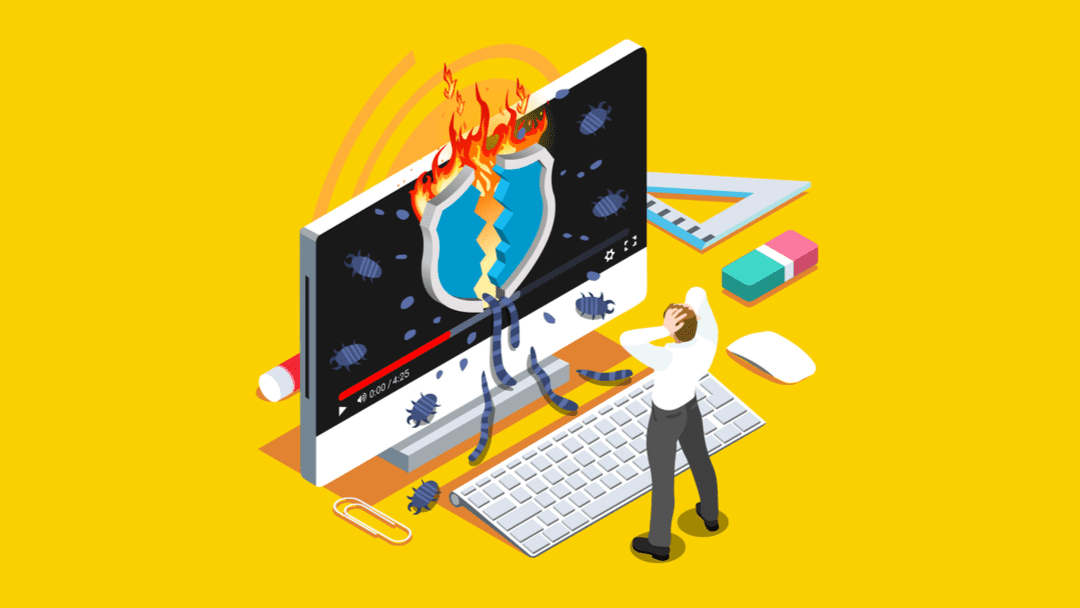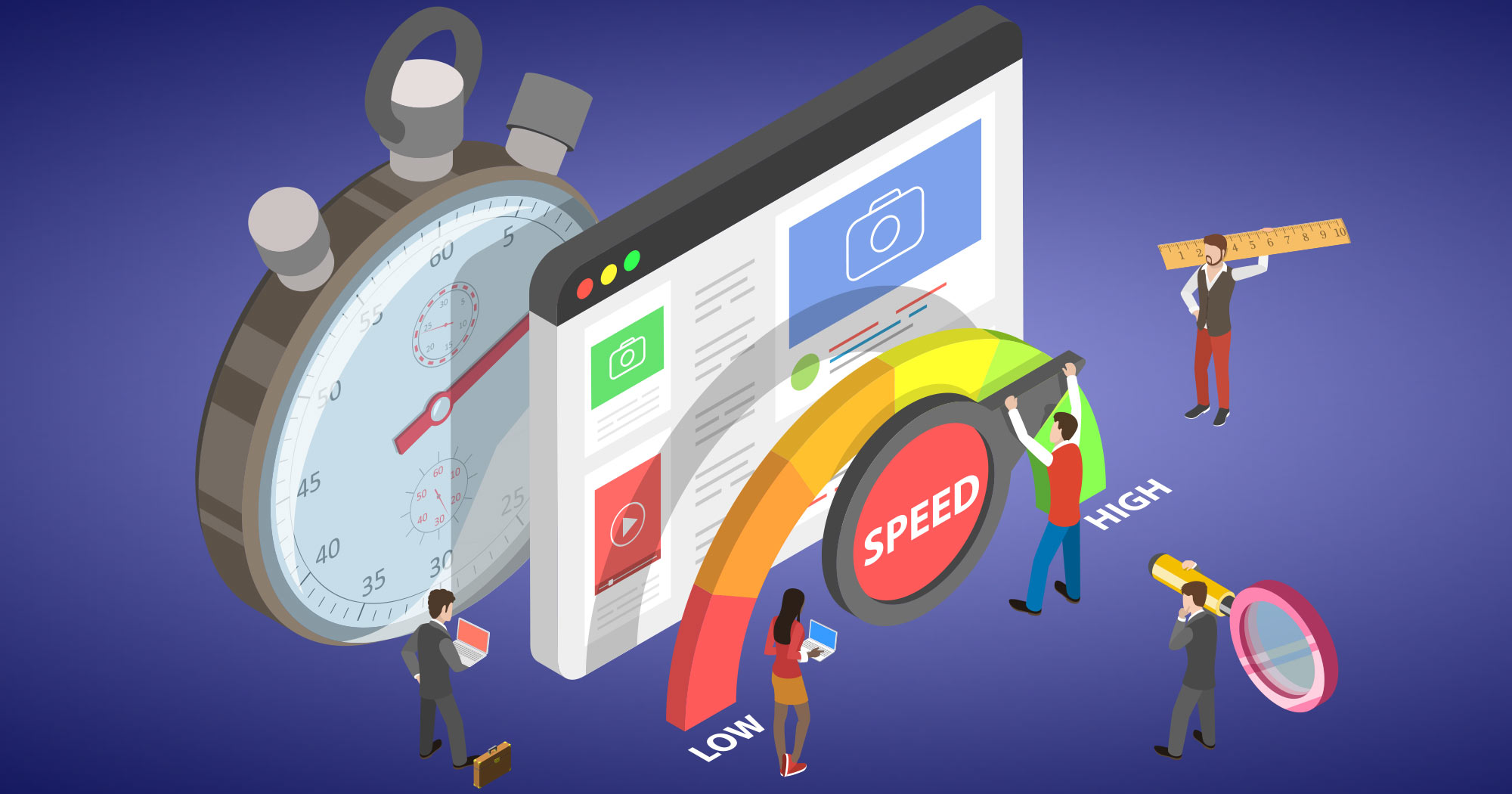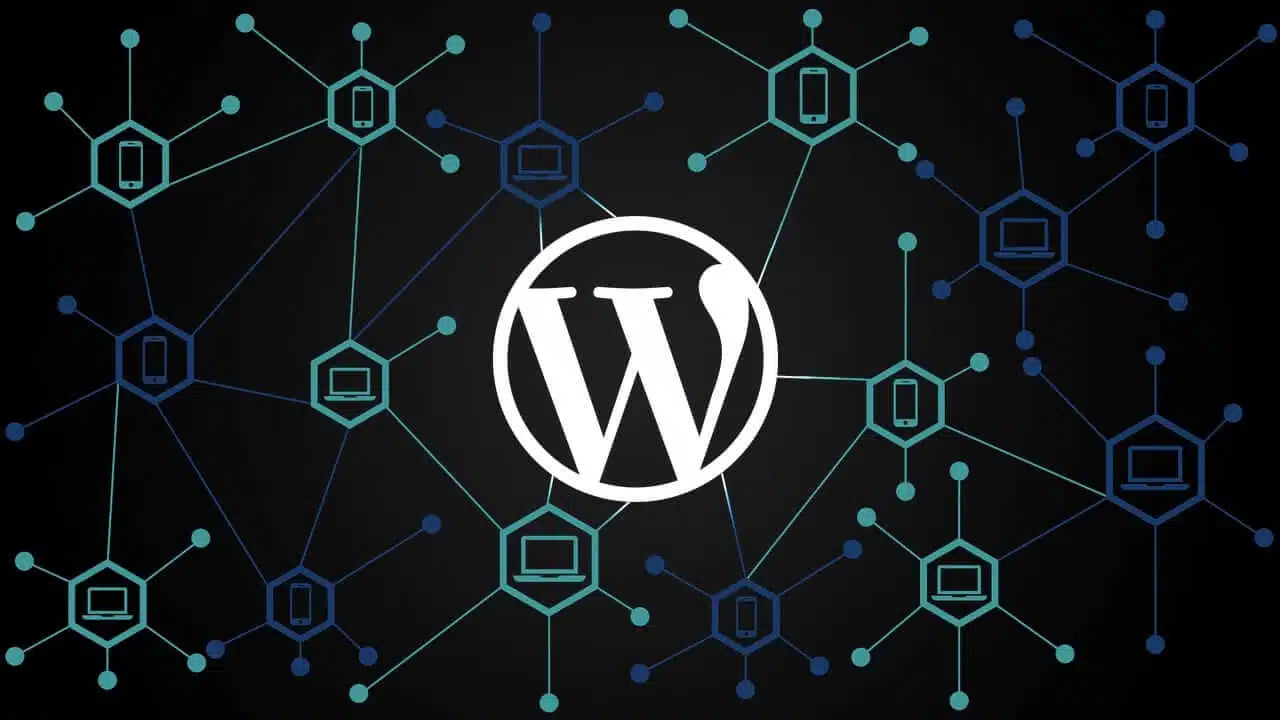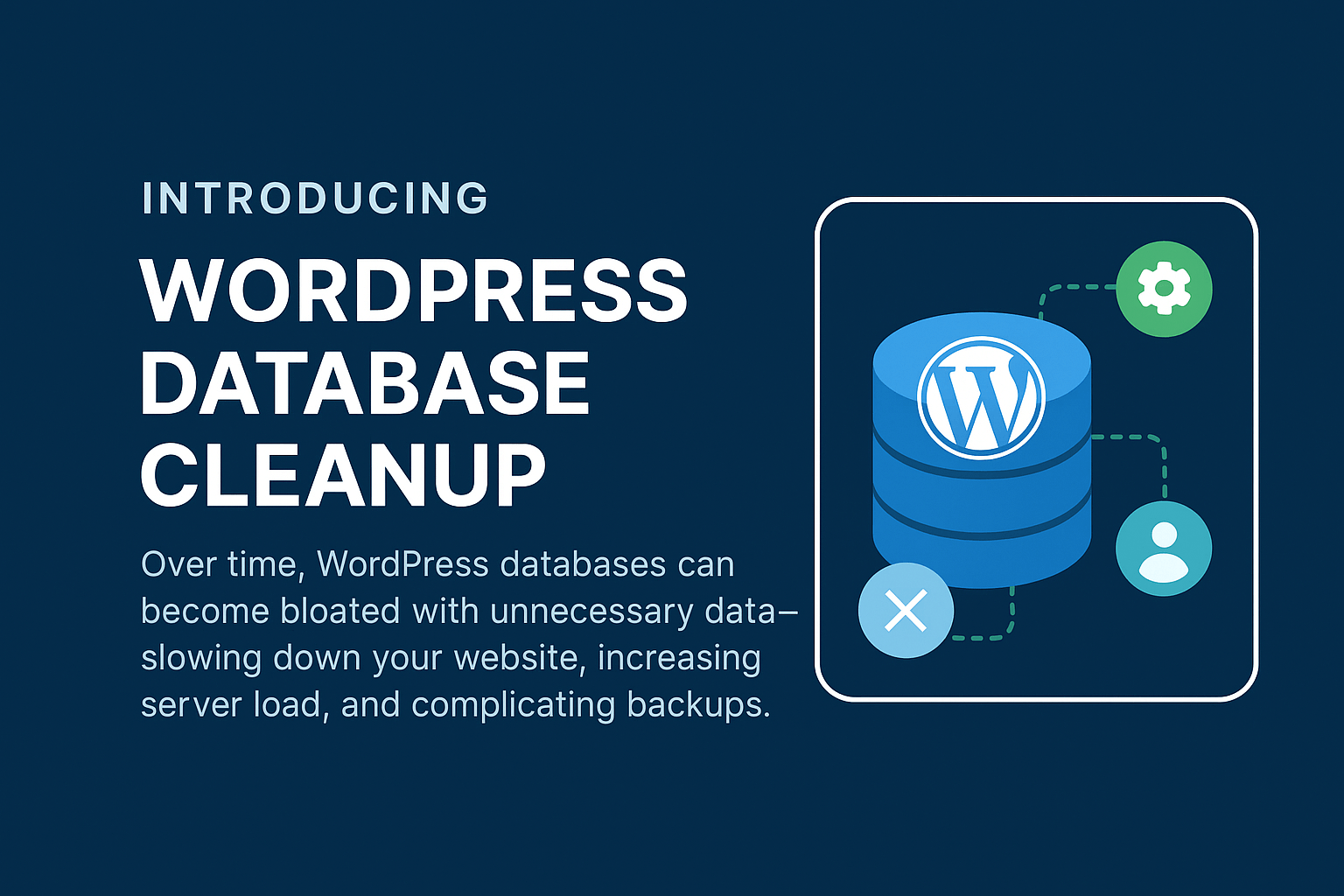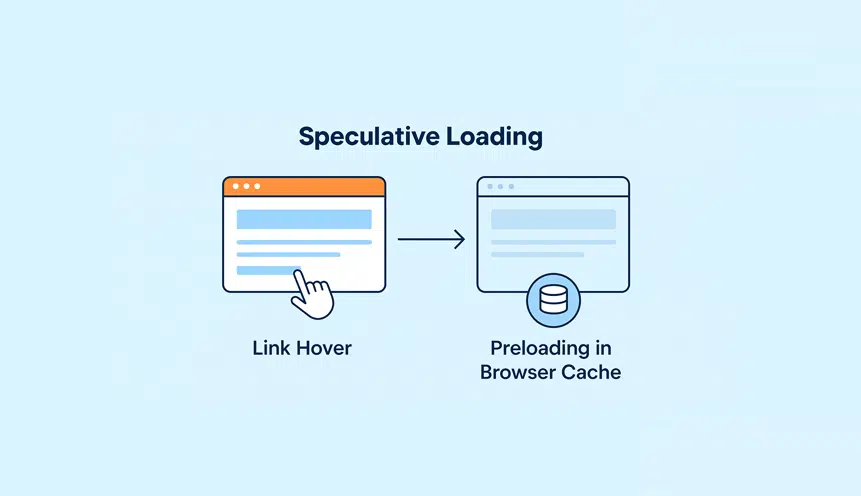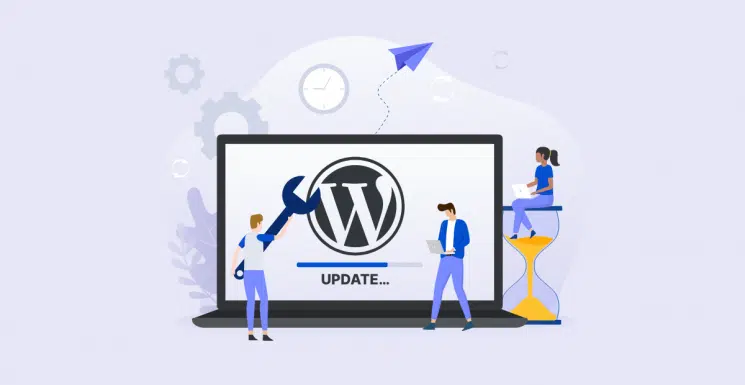The Hidden Dangers: Why You Need to Run a WordPress Malware Scanner
WordPress is one of the most widely used content management systems (CMS) for building websites. With its extensive selection of themes, plugins, and user-friendly interface, it has become a favorite for personal and business sites alike. However, this popularity also makes it a prime target for hackers looking to exploit vulnerabilities and inject malware. Such attacks can compromise website security, damage reputations, and put sensitive user data at risk. To mitigate these threats, running a WordPress malware scanner is essential.
This article explores why malware scanning is crucial and provides answers to common questions about keeping your WordPress site secure.
Why Running a WordPress Malware Scanner is Important
1. Detect and Remove Malicious Code
Hackers use various methods to inject malware into WordPress websites, including embedding malicious code in plugins, themes, or even core WordPress files. A malware scanner thoroughly inspects your website’s files and databases to identify and eliminate suspicious code before it causes harm.
2. Protect User Data
Website owners have a responsibility to safeguard user data. Malware infections can lead to breaches that expose sensitive information such as names, email addresses, passwords, and even financial details. Regular malware scans help identify vulnerabilities and prevent potential data leaks.
3. Maintain Website Reputation
A hacked website can severely impact your online credibility. Search engines like Google may blacklist infected sites, leading to lost rankings and decreased visitor traffic. Running regular malware scans ensures early detection and resolution of issues before they affect your reputation.
4. Ensure Smooth Website Functionality
Malware can cause various performance issues, including website defacement, slow loading times, and functionality disruptions. A malware scanner helps identify and remove threats, ensuring a seamless user experience and smooth website operation.
FAQs About WordPress Malware Scanners
Q1. Can my web host handle malware detection and removal?
A: While some web hosts offer basic security features, relying solely on them may not be enough. Running a WordPress malware scanner provides an extra layer of security and enables you to take immediate action if your site is compromised.
Q2. How often should I run a malware scan?
A: It’s recommended to run a malware scan at least once a week. However, high-traffic and e-commerce websites should consider more frequent scans due to their increased risk of cyber threats.
Q3. Are all malware scanners the same?
A: No, malware scanners vary in functionality and effectiveness. Choose a reputable scanner specializing in WordPress security for the best protection.
Q4. Can malware scanners prevent future attacks?
A: While most scanners focus on detecting and removing malware, some advanced options offer additional security features like firewalls and real-time threat monitoring, which help prevent future attacks.
Q5. What should I do if my website is already infected?
A: If your website is infected:
- Take it offline to prevent further damage.
- Consult a security professional or use a security plugin with malware removal features.
- Back up your website before making changes to restore it if needed.
Conclusion
Running a WordPress malware scanner is essential for protecting your website, securing user data, and maintaining your online reputation. Regular scans help detect and eliminate malicious code, ensuring your website remains functional and user-friendly. By taking a proactive approach and using reliable malware scanning tools, you can safeguard your WordPress site against cyber threats and potential attacks.
Post Summary
WordPress is a widely used CMS but is frequently targeted by hackers. Running a WordPress malware scanner is crucial to detecting and removing malware, protecting user data, maintaining your website’s reputation, and ensuring smooth functionality. Key FAQs cover scan frequency, scanner effectiveness, prevention of future attacks, and what to do if your site is already infected. Stay proactive with regular malware scans to secure your WordPress website from threats.


